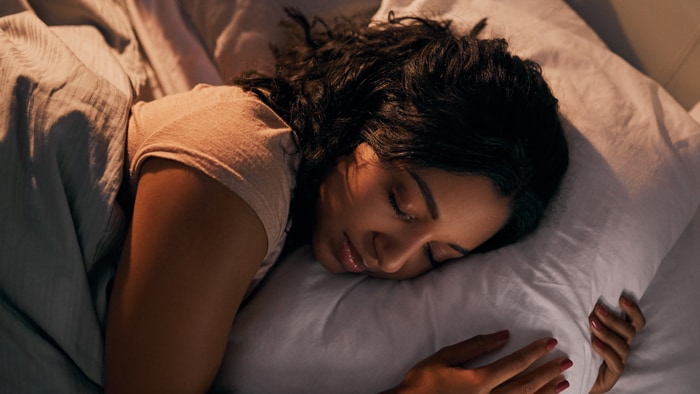Menopause and sleep woes
By Gina Roberts-Grey Mood swings, hot flashes, weight fluctuations and other physical symptoms such as changes in hair, skin or nails are common and well-known symptoms of menopause. Perhaps less well-known, however, are problems related to sleep. From the time a woman enters peri-menopause—the phase before menopause—through post-menopause, many women report experiencing sleeping problems. According to the National Sleep Foundation, post-menopausal women are less satisfied with their sleep than they were before menopause. Roughly 61 percent of post-menopausal women experience symptoms of insomnia. Hot flashes—unexpected feelings of heat all over the body accompanied by sweating—and night sweats—excessive sweating during the night—are common culprits to trouble sleeping. Hormone replacement therapy (HRT) treatment can help relieve menopausal symptoms. however, HRT is thought to increase a woman’s risk for cardiovascular disease and dementia. As a result, many doctors avoid prescribing HRT or may use them for brief periods of time at the lowest dose possible. To alleviate menopause-related sleep disturbances without jeopardizing a woman’s health, some experts look to alternative approaches that include nutritional products and medications such supplements, estrogen creams and sleep-promoting drugs for insomnia. These practices also have been shown to help lessen hot flashes to help women sleep better during menopause:



